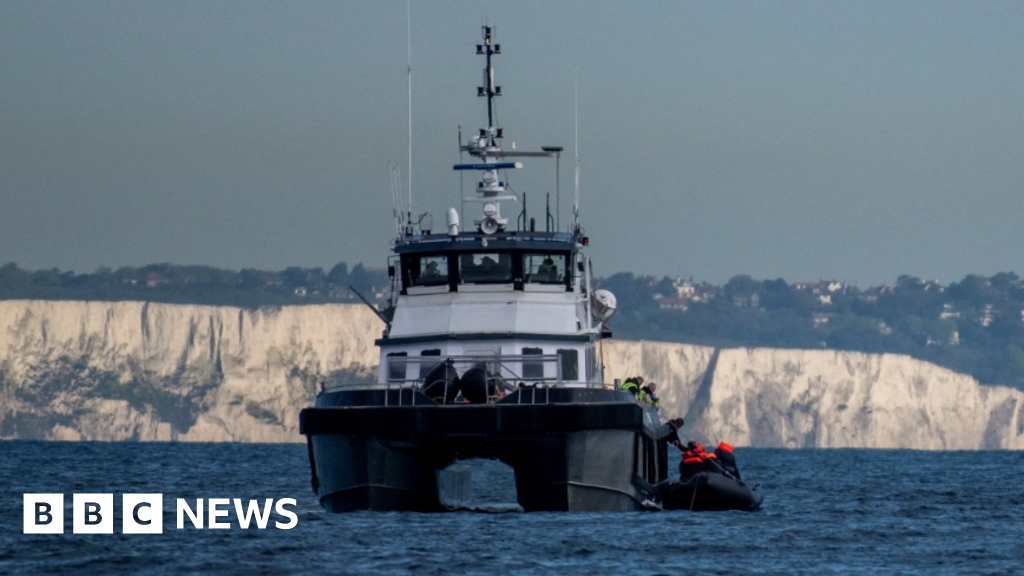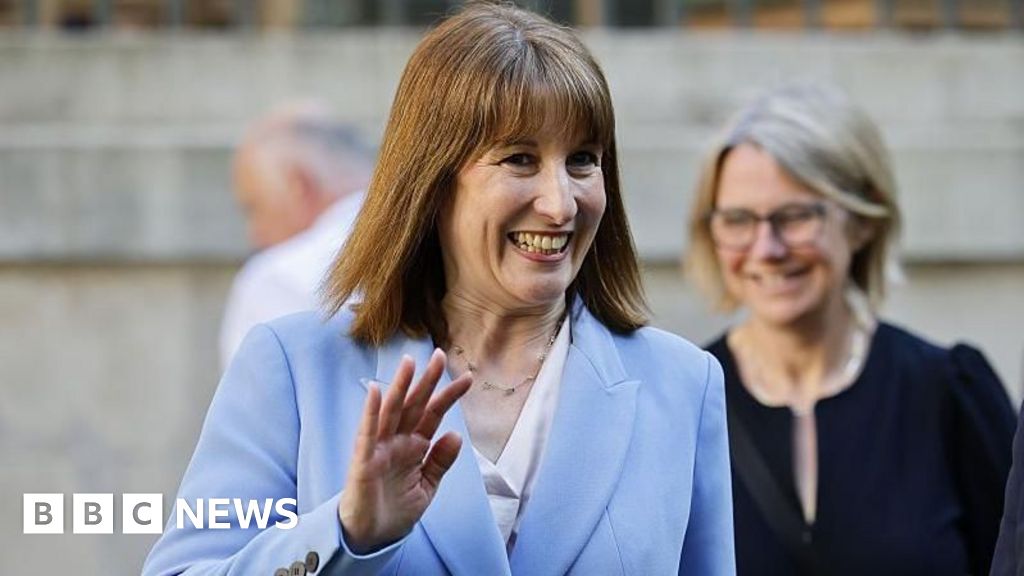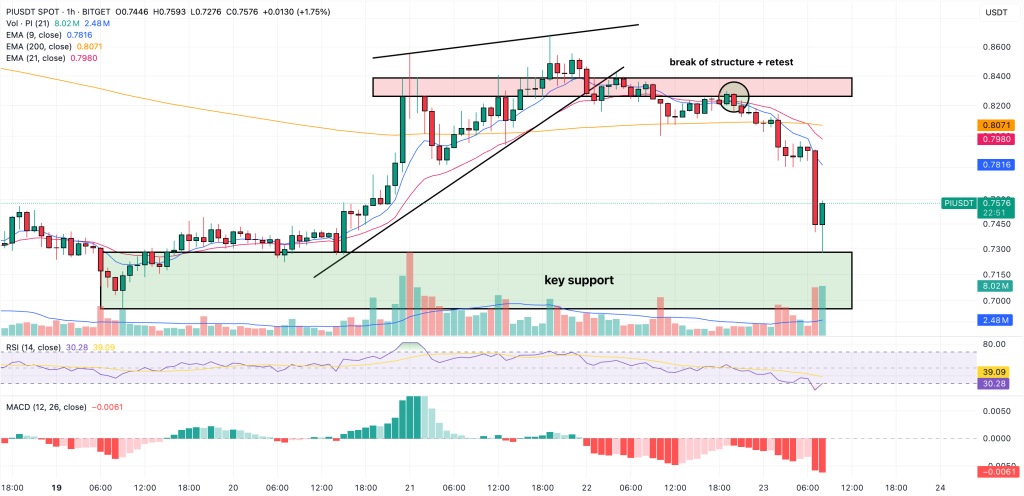Government departments submit estimated spending to Parliament up to four times a year, so that MPs can approve the use of public money in advance.
According to Treasury guidance, departments must ensure their estimates are “consistent with their best forecasts of requirements”, which the IFS report says “certainly does not appear to be the case” for the Home Office.
IFS research economist Max Warner said estimates should not be “unrealistically low” and fail to identify spending “that the government knows will occur but does not want to budget for”.
“There is a strong case that the current budgeting process is failing for asylum spending,” he said.
He added that the Home Office had got into a “bad habit of submitting initial budgets to parliament that it knows to be insufficient”, expecting the Treasury to top this up from reserves later in the financial year – as happened last year, when its asylum budget was topped up by more than £4bn.
He said: “When there is a one-off unexpected spike in costs or demand, spending more than was budgeted is entirely understandable.
“But when it is happening year after year, something is going wrong with the budgeting process.”
A Home Office spokesperson said: “We have been clear the prior approach was to fund the majority of asylum system costs through the Supplementary Estimate. As part of the ongoing Spending Review, in future we are seeking to include these costs in the Main Estimate.”
Conservative shadow home secretary James Cleverly, who was in charge of the Home Office until July, said: “Border control has never been free.”
By scrapping the Tories’ scheme to send some asylum seekers to Rwanda, he added, “the asylum bill will soar for taxpayers under Keir Starmer’s government”.
“The government must urgently come forward with a plan to stop illegal boat crossings and end the use of expensive hotels to manage down costs.”
Credit: Source link










